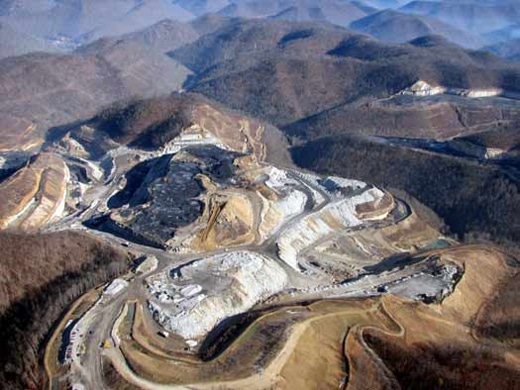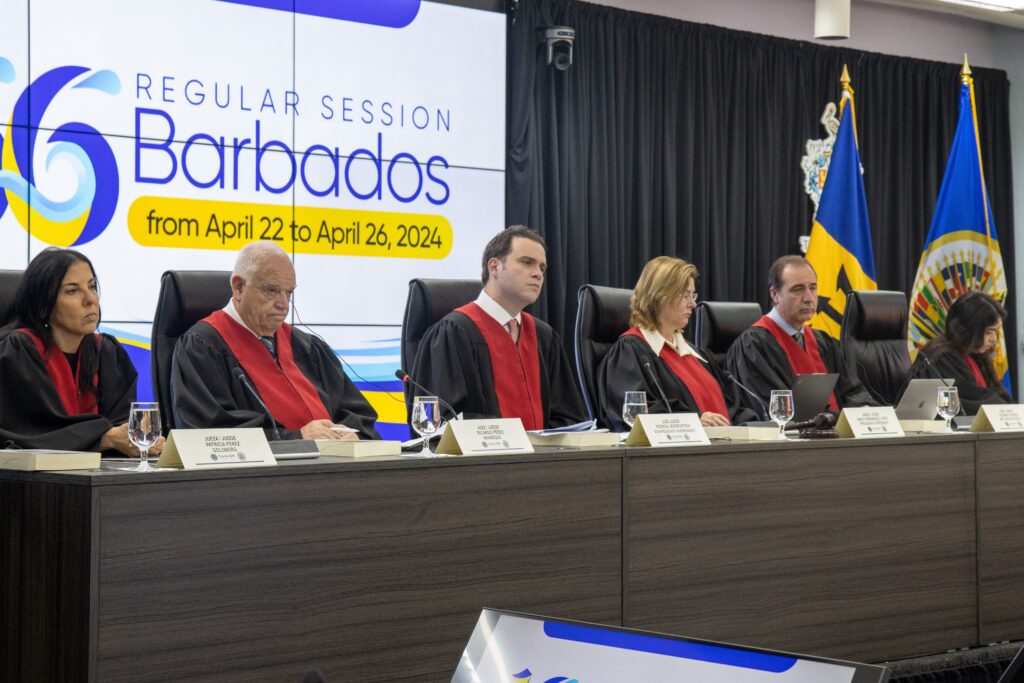Dirty coal and climate denial are hot topics in West Virginia right now. Last week, acting Governor Earl Ray Tomblin (D-WV) delivered West Virginia’s State of the State address where he gave a spirited defence of “carbon friendly” coal. Then the very next day the Environmental Protection Agency (EPA) stole the spotlight by vetoing what would have been the largest mountaintop removal project in the state.
Tomblin, who replaces former Governor and newly minted Senator Joe Manchin (D-WV), emphasized his support for the expanded use of coal as a vital part of the nation’s energy mix. He also vowed to aggressively pursue West Virginia’s lawsuit against EPA until a more “sensible” approach can be found to regulate coal’s global warming emissions.
Governor Tomblin’s comments do not break new ground and will tie West Virginia to coal despite the fact that the industry negatively impacts the state’s economy. His counterparts Senators Jay Rockefeller (D-WV) and the aforementioned Joe Manchin are already well known for frequently overlooking the negative impacts of coal.
This trio will lead West Virginia’s politicized effort to oppose EPA action to address coal’s huge pollution problems. Sen. Rockefeller has already declared plans to reintroduce his bill to block EPA’s effort to limit global warming emissions from power plants and other stationary sources for two years. And in the wake of the Arizona tragedy, who can forget the grim spectacle of Joe Manchin’s “Dead Aim” attack ad in which he fired a rifle at (already dead) climate legislation.
Unfortunately for Governor Tomblin, less than 24 hours after his speech touting the myth of “carbon friendly” coal, he faced an early challenge from an EPA espousing commonsense.
Reserved for only exceptional cases and used just 13 times since 1972, the EPA exercised its authority under Section 404(c) of the Clean Water Act and issued a 99-page decision to halt the proposed disposal of coal mining waste into streams at Arch Coal’s non-union Mingo-Logan Coal Company’s Spruce No. 1 coal mine. The operation has been under review for more than a decade and has included an extensive scientific and environmental study, a major public hearing, and some 50,000 public comments. In its final determination, the EPA ruled that not enough was being done to avoid anticipated environmental, water quality, and wildlife impacts from the dumping of waste rock and dirt into Pigeonroost Branch, Oldhouse Branch and their tributaries.
After more than a year of discussions failed to produce an agreement to protect Appalachian communities, the EPA overturned approval for the 2,300-acre mountaintop removal project, originally granted by the U.S. Army Corps of Engineers in 2007.
According to EPA Assistant Administrator Water Peter S. Silva:
“The proposed Spruce No. 1 Mine would use destructive and unsustainable mining practices that jeopardize the health of Appalachian communities and clean water on which they depend.”
“Coal and coal mining are part of our nation’s energy future and EPA has worked with companies to design mining operations that adequately protect our nation’s waters. We have a responsibility under the law to protect water quality and safeguard the people who rely on clean water.”
Halting this major mountaintop removal mining project was hailed by conservationists and environmentalists, including Sierra Club Environmental Quality Program Director Ed Hopkins:
“In sharp contrast to the previous administration’s policies on mountaintop removal coal mining, EPA Administrator Lisa Jackson is showing a strong commitment to the law, the science and the principles of environmental justice.”
“She deserves enormous credit for changing policies to protect Appalachia’s health, land and water.”
Not surprisingly, the move was assailed by the “free market” Competitive Enterprise Institute as job killing, and the state’s political class was “deeply angered” vowing “the fight is not over” and that the EPA decision would be overturned in court. Senator Rockefeller also vented his frustration in a letter to President Obama about the EPA’s decision:
“I am writing to express my outrage with the Environmental Protection Agency’s (EPA) decision to veto a rigorously reviewed and lawfully issued permit at the Spruce Number 1 Mine in Logan County, West Virginia.”
“This action not only affects this specific permit, but needlessly throws other permits into a sea of uncertainty at a time of great economic distress.”
Sometimes government is accused of moving too slowly. On this, I am not so sure. You have a Senator who has already written a letter, and not to be outdone, a Governor who countered the EPA decision with the announcement of a Rally For Coal:
“Our coal industry provides jobs for our men and women, money for our children’s education, and energy for our country’s growing appetite for electricity,” Gov. Tomblin said. “We must stand up and show federal regulators that we will not retreat from their unfair actions. We will continue the fight not just for the Spruce Number One mine but for every coal miner, coal company and for our way of life.”
The tough talk by West Virginia’s coal-addicted politicians echoes the tone of many of the new Republican leaders in Congress, including Fred Upton (R-MI), the new Chair of the House Energy and Commerce Committee with jurisdiction over the Clean Air Act, and Mike Simpson (R-ID), the new Chair of the EPA’s appropriations subcommittee. But the EPA is not about to back down from a critical fight to protect the health of Appalachian residents, who have heard enough of the coal industry’s lies from politicians.
Subscribe to our newsletter
Stay up to date with DeSmog news and alerts






